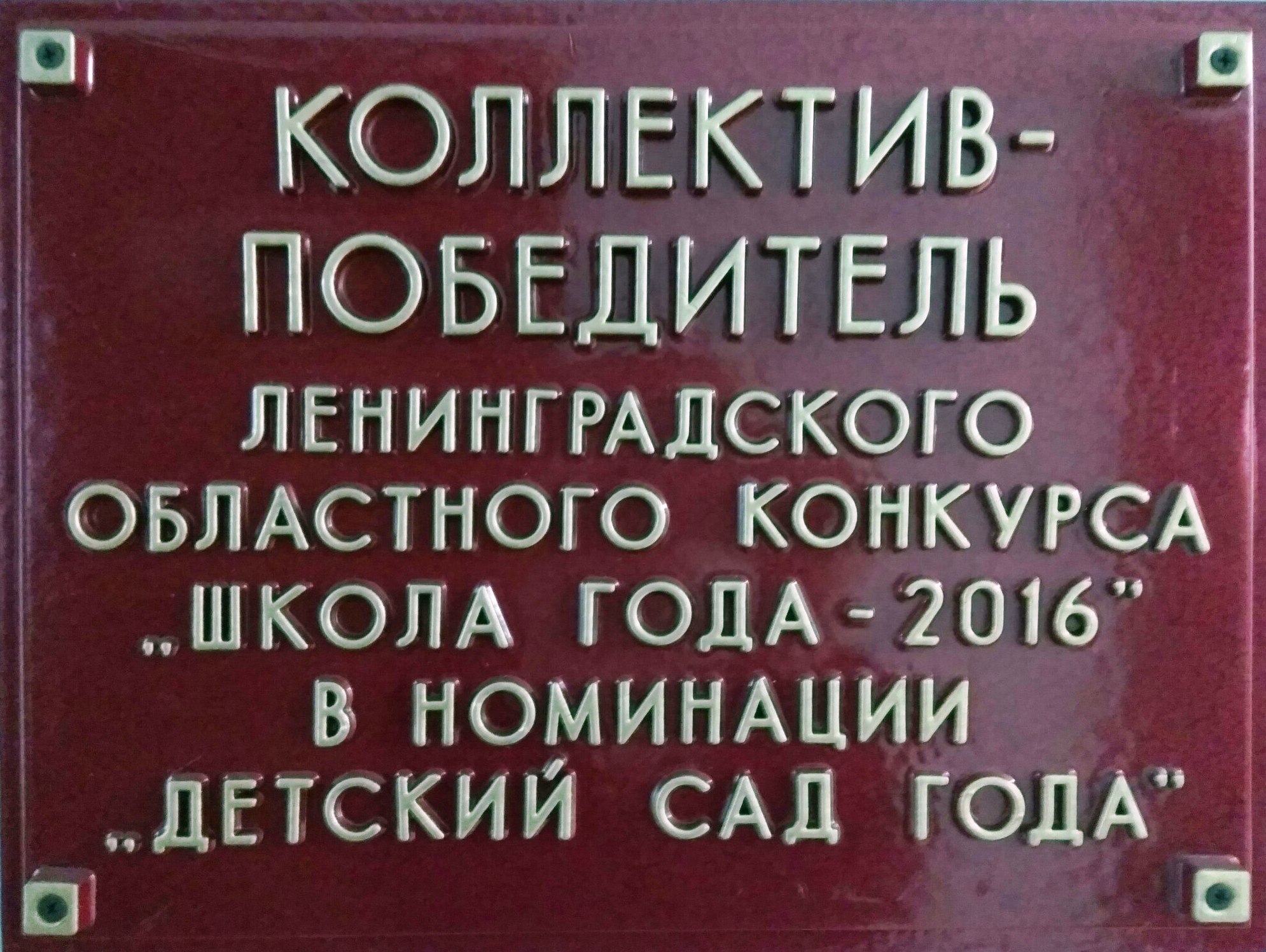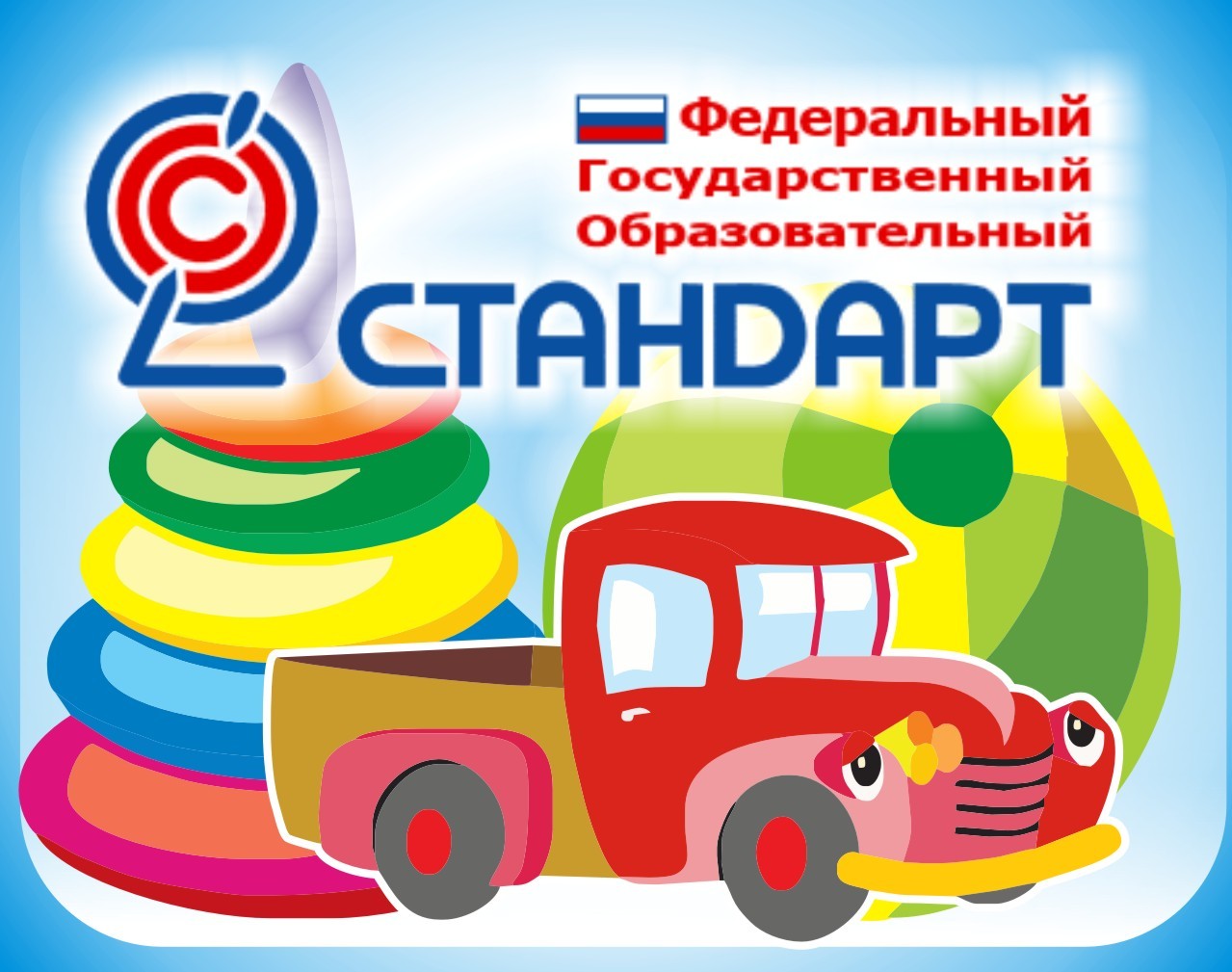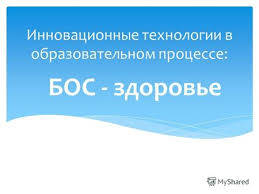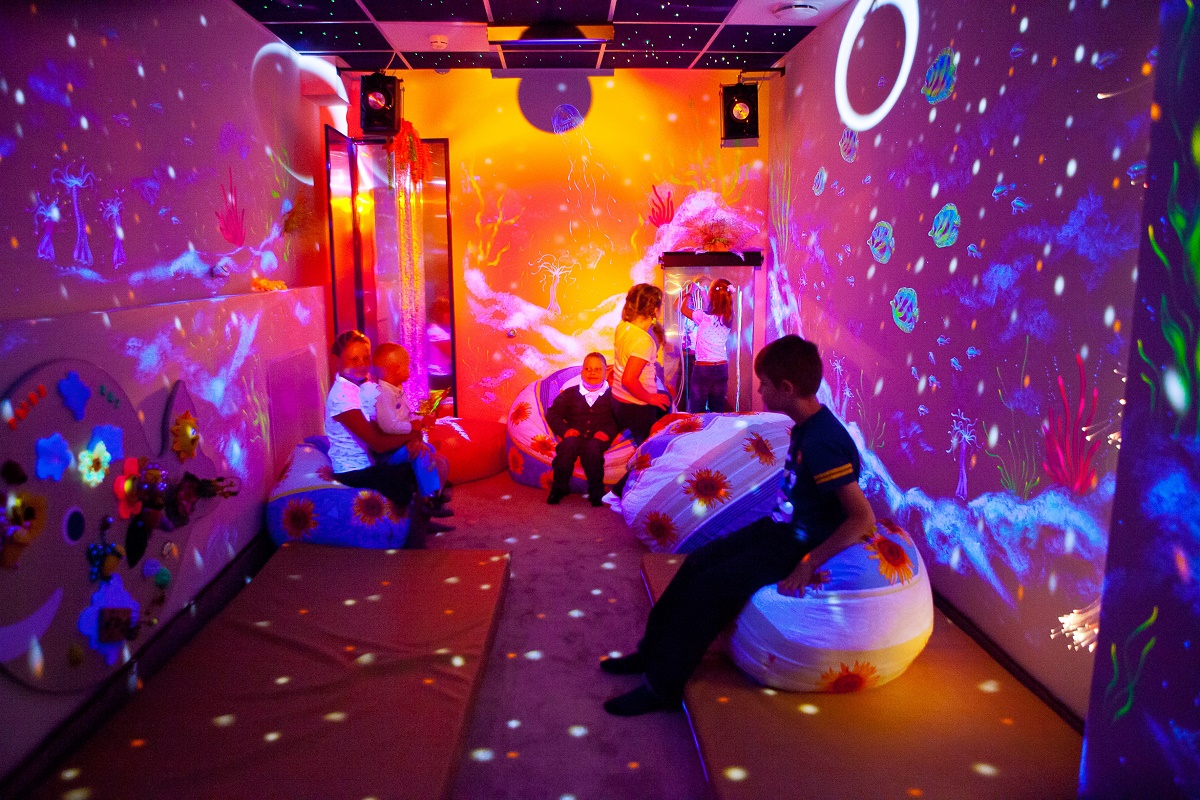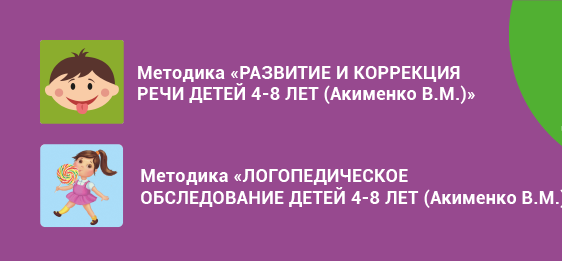Content
Fifth, issues with the recognition of an schooling certificates have a big influence on perceived discrimination at work, and findings assist this statement concerning all three forms of perceived discrimination analyzed. Women who’ve had issues with recognition of an schooling certificate in the host nation usually tend to expertise perceived unfair treatment. The professions that profit from automated recognition based mostly on harmonized minimum coaching requirements underneath the directive are nurses, midwives, medical doctors , dental practitioners, pharmacists, architects and veterinary surgeons.
However, some have encountered a problem with recognition of their schooling certificate (11%), due to this fact the variable of getting issues abroad with recognition of an schooling certificates was included within the evaluation. Another drawback confronted by emigrants is mind waste, when emigrants don’t have any chance to make use of their qualification at their work. The variable used within the evaluation referred to the group of emigrants who do use their qualification or training at their present job to any nice extent (fifty two%). More than half of Latvian women emigrants with a tertiary education improved their professional information or language abilities in courses or in-service learning (52%). The variable on participation in programs or in-service learning was included within the evaluation to reveal if participation in skilled and language trainings predicted the odds of perceived unfair treatment of girls with a tertiary education.
Interesting Details About Latvian Women
The analysis of Dustmann et al. means that the labor market situation of immigrants substantially improves with time within the UK, by way of both wages and labor drive attachment. Thus, the degree of integration might rise with time and the acquisition of host-nation-specific capital (Frattini et al. 2017). However, these tendencies ought to be analyzed in a comparative perspective, taking into account each migrants’ ethnicity/ nationality and the time lived within the host society. For instance, a research of Verwiebe et al. indicates multiple challenges for female second-generation graduates within the profession-entry phase who skilled disadvantages due to their origins, age and gender.
In the case of this examine, knowledge availability also limits the scope of research. Therefore, additional research are wanted to disclose different elements that explain the perceived discrimination of extremely educated Latvian emigrant women. A more nuanced approach is required to grasp how these women combine their domestic roles with paid employment. Moreover, the comparison of perceived discrimination among emigrant women with a tertiary education from Latvia with women with a tertiary schooling in Latvia would offer a deeper understanding of the phenomenon. Future research should also pay extra consideration to the connection between highly-skilled migration, gender and migrant entrepreneurship.
However, the alternative may be true as well, as a result of perceived discrimination may hamper the development of attachment to the host country. The findings reveal that girls who plan to return to Latvia in the subsequent 5 years are more likely to expertise perceived unfair remedy when paid lower than host-nation nationals for comparable work. However, probably the causality is reverse, and women who expertise perceived unfair treatment when paid less are more likely to contemplate returning to the nation of origin. Another hypothesis examined is about using qualification/training in the present job and problems with recognition of an training certificate. Among surveyed Latvian emigrant women with a tertiary schooling, fifty two% use their qualification/schooling in their current job and eleven% have had issues with recognition of an education certificate within the host country. After controlling for different elements, women who use their qualification/education in the current job are less likely to expertise perceived discrimination relating to work tasks.
In Regards To The Baltic Occasions
One of the indicators characterizing the phenomenon of mind waste overseas is the situation when a migrant doesn’t use his or her qualification or schooling on the job. The findings of the examine present that ladies who use their qualification/schooling of their current job are less likely to expertise perceived discrimination relating to work duties or perceived wage discrimination. Unfortunately, the study doesn’t present answers to the question of why extremely educated Latvian women do not use their skills or training. However, these answers might also shed extra light on the phenomenon of perceived discrimination. The second set of predictors referred to the economic integration and variables characterizing the working life of Latvian women emigrants with a tertiary education. This analysis distinguished between migrants’ economic integration and sociocultural integration. Economic integration on this research referred to migrants’ participation in the labor market, revenue and qualification, while sociocultural integration pertained to feelings of belonging and attachment to the host country.
When reflecting on some limitations of the research, the issue of causality ought to be mentioned. For instance, the findings show that those migrants who feel much less hooked up to the host society extra often report on perceived discrimination, and this means that attachment to the host country affects the notion of discrimination.
How Does The Common Latvian Girl Look Like?
Some professions similar to sailors or aircraft controllers don’t fall beneath the popularity procedures of Directive 2005/36/EC and are governed by particular laws. Despite the principles that the EU has arrange to make sure that the Member States totally check how professions are regulated in terms of whether or not they are non-discriminatory, subjective non-recognition of diplomas could exist as nicely. In the case of Latvian women migrants with tertiary education, 44% have an education in social sciences, business and regulation, and 22% in humanities and artwork. These are diplomas which are tougher to use in different countries if a migrant has no social and cultural host capital (Csedö 2008; Coniglio and Brzozowski 2018) and may cause a subjective perception of non-recognition of education abroad. However, discrimination on the grounds of ethnicity or national origin may also play a part . Different host countries, in addition to completely different countries of origin and changing migration policies, present the context during which we can situate migration experiences among the many extremely skilled.
By distinction, women who’ve had issues with recognition of an education certificate within the host country usually tend to expertise perceived discrimination concerning work tasks. The odds of perceived unfair treatment regarding unpleasant duties also enhance if the woman has improved skilled knowledge in courses or in-service learning. Another side featured in this research is the effect of return intentions and attachment to the nation of origin on perceived discrimination.
In a neoclassical financial approach, immigrants are ‘earnings maximizers’ who have migrated to be able to maximize their lifetime earnings. Return migration is due to this fact examined as a failure of planned migration, as a result of the goal of getting a bigger revenue has not been achieved . In this case, perceived discrimination might have a correlation with return intentions. The disappointment associated to perceived discrimination within the host nation may foster the event of sentiments and attachment to the country of origin . Therefore, it may be anticipated that those who have intentions of returning and have a strong attachment to the nation of origin can be more likely to experience perceived discrimination. The logistic regression mannequin of perceived unfair therapy confirms the hypothetical assumption that those that don’t have a robust attachment to the host nation usually tend to experience perceived discrimination. The beta weights presented in Table four reveal that the chances of perceived discrimination regarding work tasks decrease if the girl has a powerful attachment to the host nation.
Although this evaluation showed that perceived discrimination regarding work tasks decreases in these cases when women are self-employed or working in a family business, these findings should mail order brides latvia be replicated and prolonged in different geographical contexts. Much nonetheless stays to be explored relating to emigrant women with a tertiary training and perceived discrimination among them.


